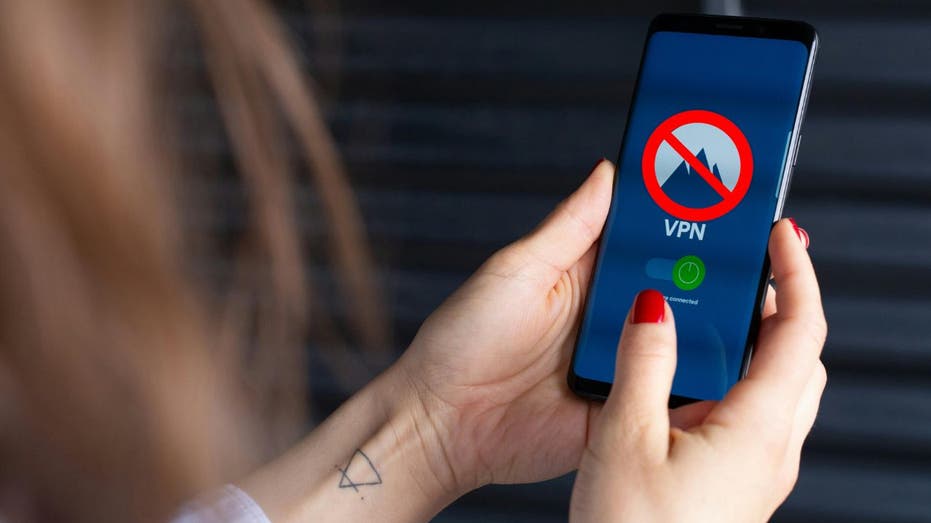
Malicious VPN Apps: Turning Your Device into a Cyberattack Tool
Virtual Private Networks (VPNs) have become essential tools for anyone concerned about their online privacy and data security. By creating a secure, encrypted connection between your device and the internet, VPNs effectively hide your IP address and protect your browsing activities. However, with the increasing demand for VPN services, the market has seen a surge in deceptive apps masquerading as legitimate VPNs, which can pose serious threats to your privacy and security.
The Rising Threat of Fake VPN Apps
Recent research has highlighted a staggering increase in the number of users encountering fraudulent VPN applications. In the third quarter of 2024, security analysts reported that the instances of fake VPN apps soared by 150% compared to the previous quarter, with many of these applications functioning as malware or tools for cybercriminals. These apps can compromise your device and expose your personal information to malicious actors.
Exploiting the Desire for Free Services
Cybercriminals are particularly adept at exploiting users who are drawn to free VPN services. In May 2024, law enforcement agencies dismantled a massive botnet known as 911 S5, which utilized several free VPN applications, including MaskVPN, DewVPN, PaladinVPN, ProxyGate, ShieldVPN, and ShineVPN. When users installed these deceptive apps, their devices were converted into proxy servers, redirecting internet traffic for nefarious purposes.
This extensive botnet spanned 19 million unique IP addresses across more than 190 countries, making it one of the largest botnets ever created. The perpetrators behind this operation sold access to these compromised devices to other criminals, facilitating cyberattacks, money laundering, and fraudulent activities.
Choosing the Right VPN: What You Need to Know
Given the prevalence of fake VPN apps, it’s crucial to approach the selection of a VPN service with caution. Here are some essential tips to help you choose a reliable VPN and protect your online privacy:
1. **Download from Official Sources**: Always obtain apps from trusted platforms such as the App Store for iOS or the Google Play Store for Android. These stores have security measures in place to help identify and remove harmful apps. Even within official stores, scrutinize reviews, ratings, and download counts to ensure the app’s credibility.
2. **Scrutinize App Permissions**: Pay attention to the permissions requested during installation. For instance, a flashlight app should not require access to your contacts or location. Verify that the permissions align with the app’s intended functionality, and manage these permissions through your device’s settings.
3. **Enable Two-Factor Authentication (2FA)**: Utilize 2FA for your VPN accounts to bolster security beyond just a password.
4. **Keep Software Up-to-Date**: Regularly update all VPN-related software, including clients and associated networking hardware, to incorporate the latest security patches and enhancements.
5. **Look for Strong Encryption**: Choose VPN services that employ robust encryption protocols, such as AES-256, to safeguard your data.
6. **Monitor VPN Traffic**: Keep an eye on VPN traffic and logs for any unusual patterns that may indicate security breaches.
7. **Invest in Reliable Antivirus Software**: A solid antivirus program can help identify and eliminate malware before it compromises your device. Many antivirus solutions also offer features like web protection and anti-phishing tools. While free options exist, premium versions typically offer more comprehensive protection.
The Dangers of Free VPNs
It’s essential to understand that free VPNs often come at a cost—your privacy and security. These services may lack adequate protection, leak your data, or require permissions that jeopardize your personal information. The case of the 911 S5 botnet illustrates the severe risks posed by seemingly harmless free VPN applications. If you value your online security, it’s wise to invest in a reputable, paid VPN service.
How Do You Vet Your Apps?
We’d love to hear from you! How frequently do you check the credibility of the applications you download? Share your thoughts with us at our contact page.
Stay Informed with CyberGuy
For more tech tips and security alerts, subscribe to the CyberGuy Report Newsletter. You can also reach out with questions or suggest topics for future coverage.
Follow Kurt on social media for the latest updates and insights.
Your online safety is crucial. Don’t compromise it by choosing the wrong VPN.

